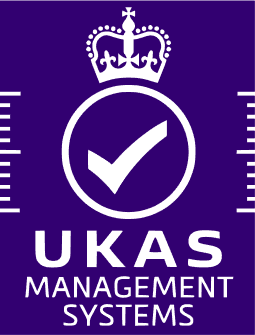Features
Odoo Integration
ERP Integration and Data Management
Seamless ERP Integration
Extending Odoo with M-Files, a professional Document Management System, ensures real-time data synchronization. This integration allows financial records, invoices, customer data, and other operational details to be up-to-date and accessible across both platforms. This seamless integration eliminates manual data entry, reducing errors and ensuring accurate information for decision-makers.
ERP System Synchronization
Core Odoo objects such as CRM data, companies, customers, suppliers, products, and employees are synchronized with M-Files. This synchronization ensures consistency and accuracy in financial and operational data, which is crucial for reporting, budgeting, and strategic planning.
Master Data Interface via Web Services
Compatibility with various Odoo versions, both Enterprise and Community, and all M-Files versions, through web services, allows for flexible integration. This flexibility ensures that businesses can leverage the best tools available without being limited by system incompatibilities.
Unified ERP System Interface
A unified interface for Odoo and M-Files simplifies the management of documents and ERP functions. This simplification enhances operational efficiency and reduces the likelihood of errors caused by system fragmentation.
Invoice and Transaction Processing
Document Management and Archiving
Automated Document Archiving
M-Files automatically archives critical documents such as invoices and purchase orders. This feature ensures safe storage and easy retrieval, essential for audit trails and historical data analysis.
Document Cross-Linking
Cross-linking documents for retrieval from both M-Files and Odoo enhances information accessibility. This connectivity ensures that relevant documents can be quickly found, regardless of their initial storage location, improving workflow efficiency.
Version History Maintenance
M-Files maintains a version history of every document, tracking changes over time. This feature is important for ensuring data integrity and understanding the evolution of documents, which can be crucial in resolving disputes.
Regulatory Compliant Archiving
Compliance with regulatory standards in M-Files is vital for businesses in regulated sectors. This compliance helps avoid fines and maintain market reputation by meeting legal requirements.
Operational Efficiency and Flexibility
Scalable Deployment
The integration of Odoo and M-Files ensures scalability, supporting business growth without the need for complete system overhauls. This feature is key for adapting to increased operational demands while maintaining performance.
High-Performance Architecture
A system designed for high transaction volumes ensures that Odoo and M-Files can handle peak periods without performance degradation. This reliability is crucial for continuous operations and customer satisfaction.
Operational Flexibility
The ability to operate in both batch and real-time modes in Odoo and M-Files provides flexibility to match different business workflows. This flexibility optimizes processing times and adapts to varying operational scales.
Complete Operational Traceability
Traceability of every operation within Odoo and M-Files provides a detailed audit trail, crucial for accountability and transparency. This feature is important in environments where compliance with regulatory standards and internal audits is a priority.


